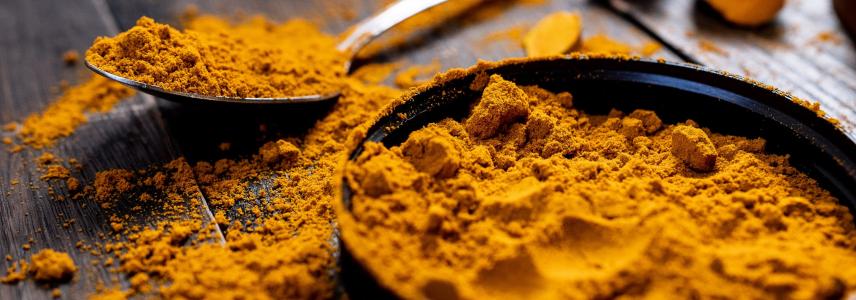Growing safety concerns over Ayurvedic ingredients

The demand for Ayurvedic products is growing in Europe. So, suppliers work on improving popular ingredients, like Ashwagandha and turmeric. Some link these ingredients to health benefits. But, at the same time, national authorities in the European Union (EU) have growing concerns about the safety of these ingredients.
What is Ashwaganda?
Ashwagandha (Withania somnifera) is an adaptogen. People use adaptogens to balance or normalise a wide range of functions, for example, to manage stress and anxiety. Numerous clinical studies and new product launches have boosted Ashwagandha's popularity. These studies link the ingredient to health benefits, such as:
- Immunity support;
- Mood boosting and stress reduction; and
- Improving endurance and energy levels.
Considering Ashwagandha's safety
Denmark recently banned the Ashwagandha root. The country based this decision on a safety assessment carried out in 2020 by the Danish Technical University. The report states that Ashwagandha, in animals and humans, could negatively affect:
- Thyroid function and hormones; and
- Fertility.
But, the cases in the study were quite rare and many other studies did not find such thyroid problems. The report also suggested that the herb can cause miscarriages, but it did not give clinical data for that claim. The conclusion was that it is not possible to set a safe lower limit for intake.
This year, due to these concerns, authorities:
- Might ban Ashwagandha in other countries in the future; and
- Banned Ashwagandha in Danish food supplements.
After the Ashwagandha ban in Denmark:
- Sweden and Finland are now also considering banning it as a supplement ingredient;
- Poland has already set maximum levels for daily intake; and
- Experts in France started to evaluate the potential risk of including it in supplements.
Other studies also report negative side effects for Ashwagandha, such as liver injuries. Some link incidents to high doses of concentrated extracts, while a dose of 3 grams per day is safe.
The use of turmeric
Turmeric (Curcuma longa) root is another popular Ayurvedic ingredient in food supplements, used for:
- Immune support;
- Cognitive support; and
- Digestive and joint health.
Turmeric contains curcumin, which has anti-inflammatory and antioxidant properties.
Extract producers develop extracts with a high, standardised level of curcumin and a higher bioavailability. That ensures that people can absorb the curcumin more quickly.
Novel Food
The European Food Safety Authority has approved the use of a curcumin compound. But, the Italian Ministry of Health recently stated that it considers turmeric Novel Food if extracts contain up to 95% curcumin because there is no significant, demonstrated use for such extracts.
If turmeric extracts have higher bioavailability or ingredient absorption, industry experts expect that:
- Turmeric extracts could be classified as Novel Food, too; and
- Potential toxicity issues may grow.
What does this mean for exporters of Ayurvedic ingredients?
It is important that authorities can confirm ingredient safety. For that, they need sufficient safety data.
If you export Ayurvedic ingredients, you need to:
- Be familiar with European legislation; and
- Have well-documented data to show that your products are safe for human health.
Follow the legal status of your ingredient in specific EU member states through media platforms or conversations with your buyers.
Some safety concerns result from increasing the concentration of specific components in the extracts. For example, pure turmeric powder or roots usually contain less than 10% curcumin. But, extracts used in supplements can have a standardised content of up to 95% of curcumin.
Creating a nutrient profile for your ingredients is crucial, especially if you produce botanical extracts:
- Research the efficacy of your products by building research partnerships; and
- Use scientific research and data to support any claims you make. But do not make medicinal or health claims. These are not authorised for botanicals.
Learn more
Read our studies on:
- Exporting turmeric to Europe;
- Exporting Ayurvedic ingredients to Europe; and
- The requirements for natural ingredients for health products must meet for the European market.
ProFound – Advisers In Development wrote this article for CBI.
Stay informed
To stay informed on the latest developments in the natural ingredients for health products sector, subscribe to our newsletter.